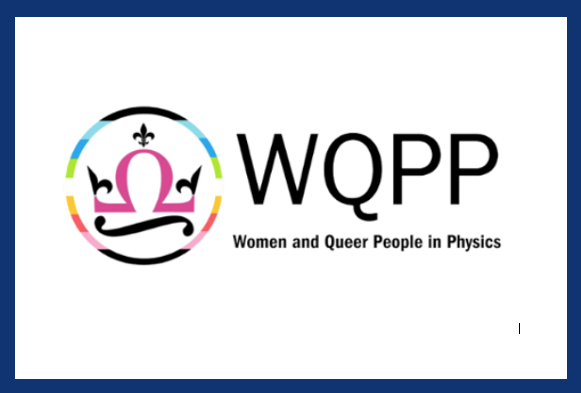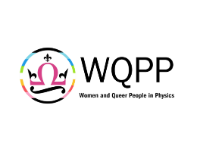Events
All our events are on Wednesdays 14:00-16:00
February
5 February: Supportive group session at IQ East Court 1.05
- Insightful talk on the double copy by guest speaker PhD student Kymani Armstrong-Williams
- Group discussion exploring belonging in physics
12 February: International Women & Girls in Science Day event with PsiStar at GO Jones Museum
- learn about the history of and UNESCO’s involvement in women in STEM
- engage in discussions with physicists:
- Margaret-Ann Withington
- Researcher at QMUL in the Condensed Matter group
- Jules Buet
- Quantitative developer turned astrophysicist
- Researches DESI galaxy spectra at Imperial College in London
- Rebecca Peake
- Uses theoretical models to engineer novel quantum mechanical states in 2D materials
- Mía Iles Péres
- Currently working on her Master's thesis in astrophysics
- Margaret-Ann Withington
19 February: Newsletter writing prompt session at GO Jones Museum
March
5 March: Supportive group session at IQ East Court 1.05
12 March: Guest lecture & panel event with Chris White and Linda Cremonesi
19 March: Newsletter writing prompt session at GO Jones Museum
What Are the Goals of This Society?
Our academic society aims to make physics more welcoming, inclusive, and equitable for women & queer people (WQP) ultimately increasing their representation in the field. Our three main goals are:
(1) transforming the traditionally patriarchal, heteronormative culture of physics through activism, events, and outreach;
(2) supporting WQP in pursuing physics careers by offering skill-building opportunities and a solidarity network; and
(3) amplifying the contributions of women and queer physicists, past and present, especially in cases where their work was overlooked or misattributed.
Why the Intersection of Women and Queer People?
Women and queer people face shared oppression rooted in patriarchy and gender norms, often underrepresented in physics. Textbooks and media typically highlight heterosexual, cisgender men, making it hard for marginalized groups to see themselves in the field. By focusing on WQP, we create spaces to discuss discrimination and bias directly. The number of WQP in academic physics remains disproportionately low, including at Queen Mary. Our society unites individuals facing similar challenges to support and inspire one another, promoting representation and encouraging WQP to reach their full potential.



